Puzzles, And The Cycle of Improving Your Chess
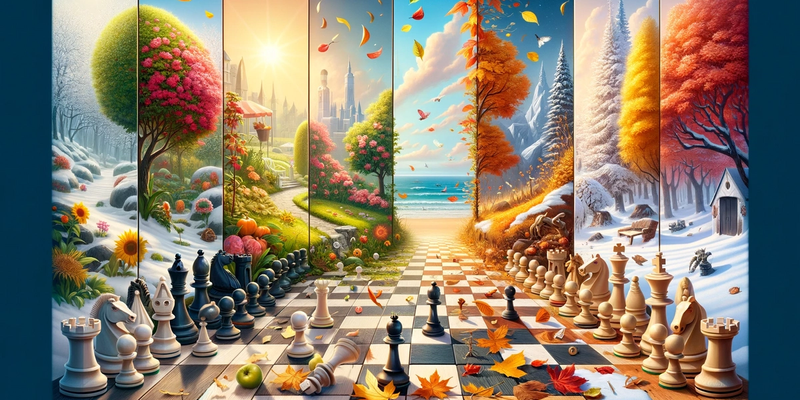
When looking to improve your chess, oftentimes you get stuck in the cycle of searching through different opening courses that you may not finish, or chess books that are too long to give you motivation to even start to read. Sometimes, you spend high amounts of your money (which I know from my own experience) to yield no positive results whatsoever, which can be extremely disappointing. So if these highly marketed things don’t work, then what does?
Chess is so intrinsically based on pattern recognition and spotting ideas that can pop up in game after game, years apart, and implementing them into your own games, which is exactly where chess puzzles come into play. Chess puzzles focus on showing a position on the chess board, and you need to find the best possible move or sequence of moves, with the idea of being able to further an advantage due to a crucial mistake the opposition made, or to calculate the correct line that leads you directly into checkmate, whether that's mate in 1, or mate in 15.
Personally, I am someone who has been addicted to chess puzzles, spending hours at a time solving these positions and since starting to play these puzzles, my chess quality has completely changed. One of my main issues when playing blitz would be a lack of tactical awareness due to the shorter time control hindering my ability to spot tactics, therefore I would end up in losing positions quicker than I would ever want to admit. So, since the 5th of January 2023, I decided that enough was enough, and I would grind these puzzles for months on end, focusing on solving the puzzles accurately, and quickly. It's interesting how quickly I could spot differences in my chess, seeing myself become more and more of a tactical player, and with this, I started seeing more and more positive results.
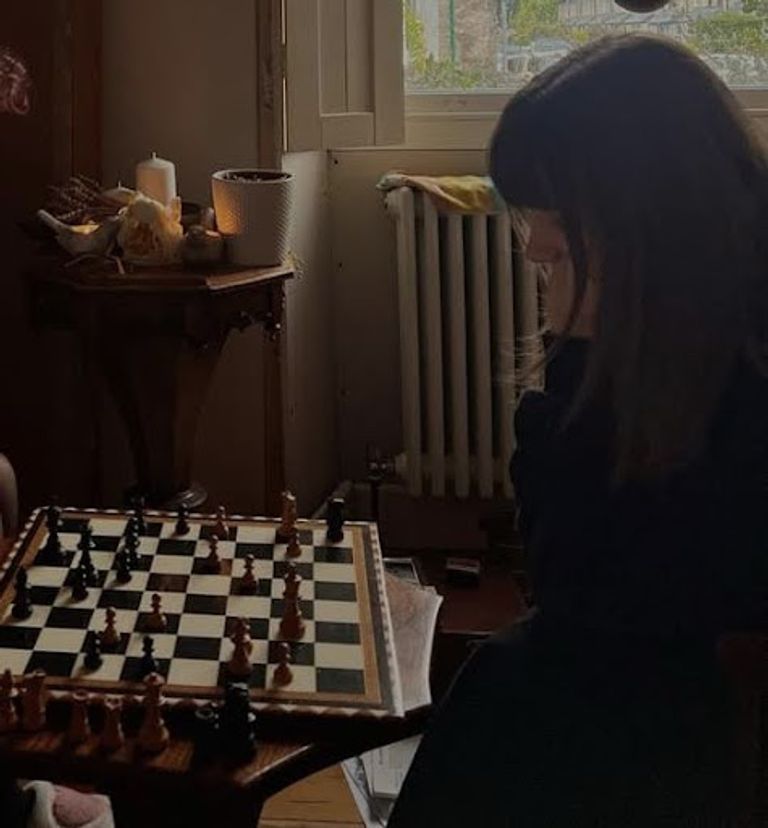
Oftentimes I can pour over a position for hours until my head hurts, (such as in the photo above, where I took over playing in a losing position and won) trying to calculate the correct line, trying to spot the correct tactic or sacrifice (that usually doesn't work in my case but always works for the top players). These tactics leak into my day to day life, with me visualising the board in my head whilst I should be focused on my work my boss has assigned me, but this repetition, whether it is from the sheer amount of puzzles i've played through or if it is from picturing these positions in my head has helped my chess to an insane degree, more than many opening courses people try to sell you.
When you start working yourself up the chess puzzle ladder, and get to some of the most difficult tactics, oftentimes I find myself descending into a state of ‘there's no way i can ever solve this’ and then it is immediately followed by me sacrificing something, just to see if it would work. There's also this increased stress on patience when solving chess tactics, which is incredibly difficult to actually implement in a blitz game, for example, but during rapid or classical games, it's a lot easier and also a lot more rewarding.
Any time someone asks me about improving their chess, my first instinct is to reply with tactics and puzzles, because whether you’re just starting out with chess or if you are an intermediate chess player, whoever you are, you can probably benefit from training your tactics. In addition to all the benefits of doing chess puzzles, it’s also free, and won't break your bank, whilst still providing good results in your games both over the board and online.
Now we’re towards the end of the blog, I have some puzzles for you to try!!
White to move, mate in 2
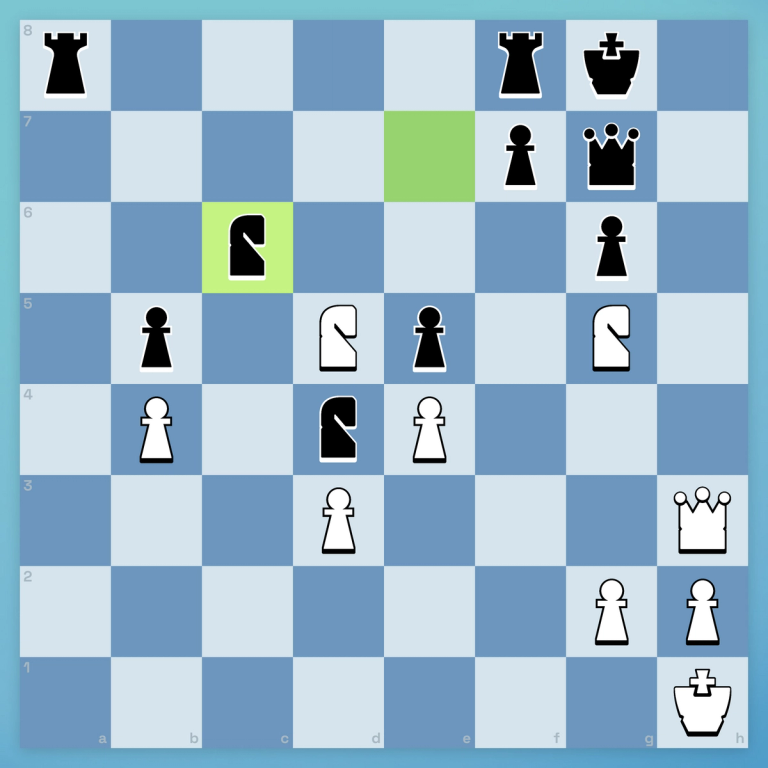
White to move, Mate in 4
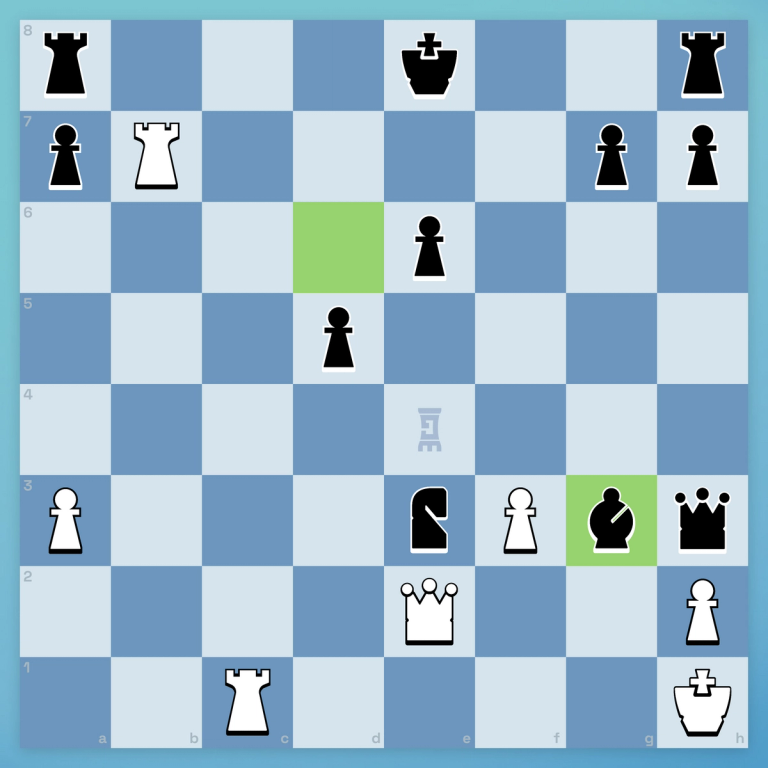
White to move, mate in 10
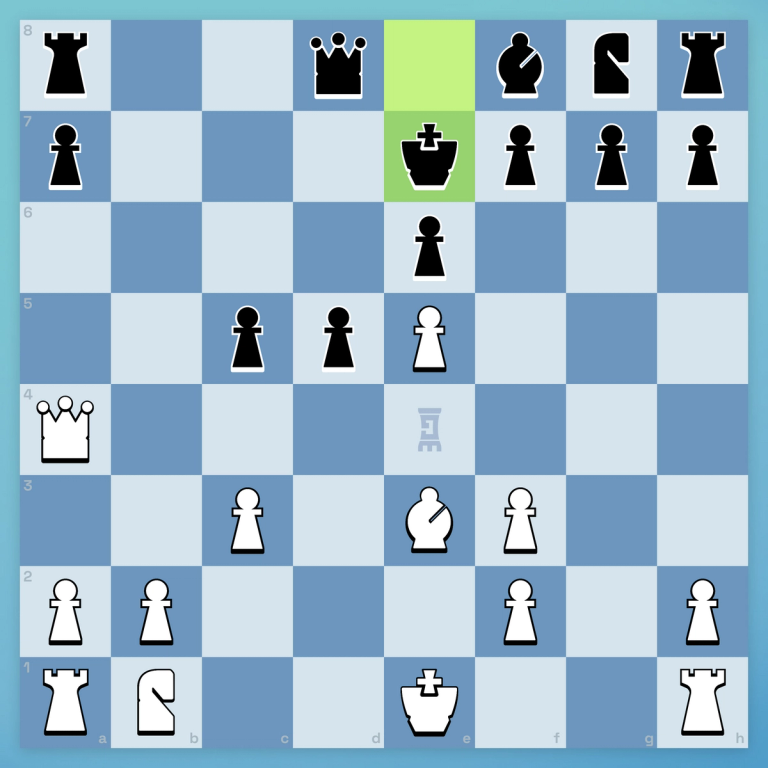
Answers:
Puzzle 1. Nf6+ Qxf6, Qh7#
Puzzle 2. Qb5+ Kf8, Qc5+ Kg8, Qc8+ Rxc8, Rxc8#
Puzzle 3. Bxc5+ Qd6, exd6+ Kd8, Qa5+ Ke8, Qb5+ Kd8, Bb6+ axb6, Qxb6+ Ke8, Qc6+ Kd8, Qc7+ Ke8, d7+ Ke7, d8=Q#